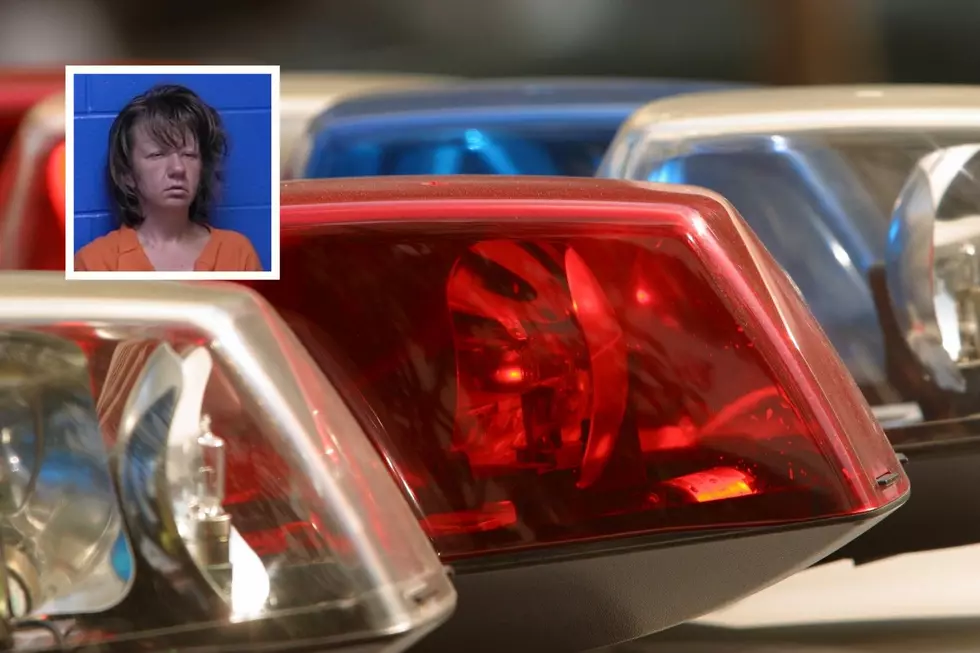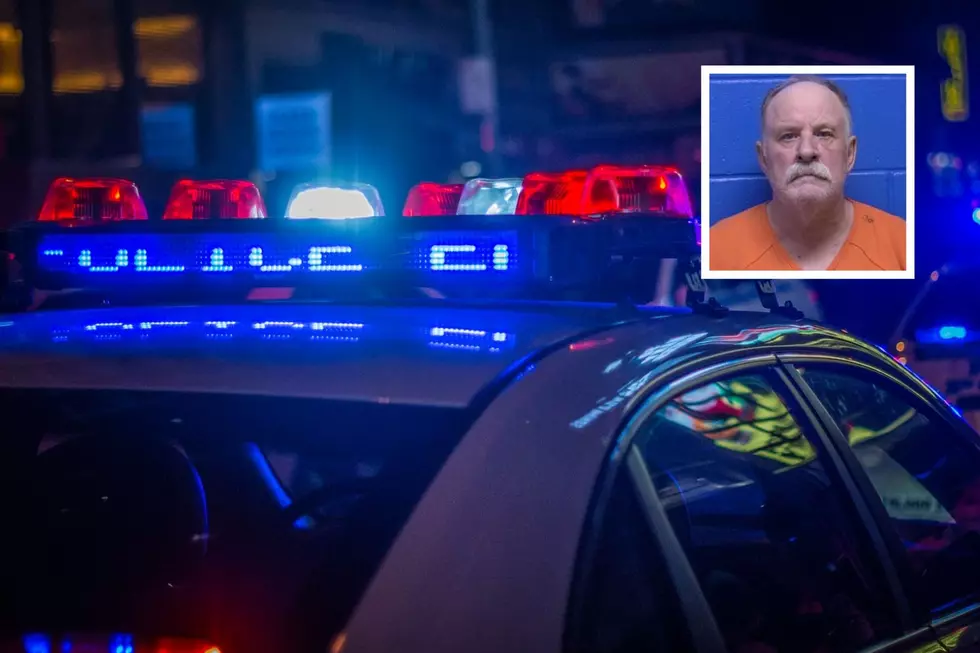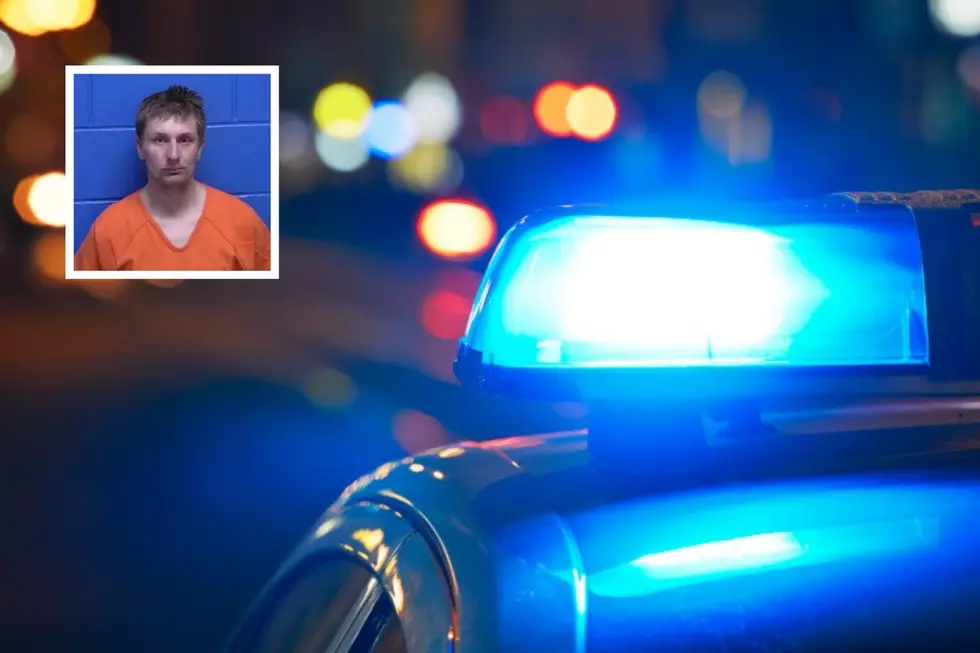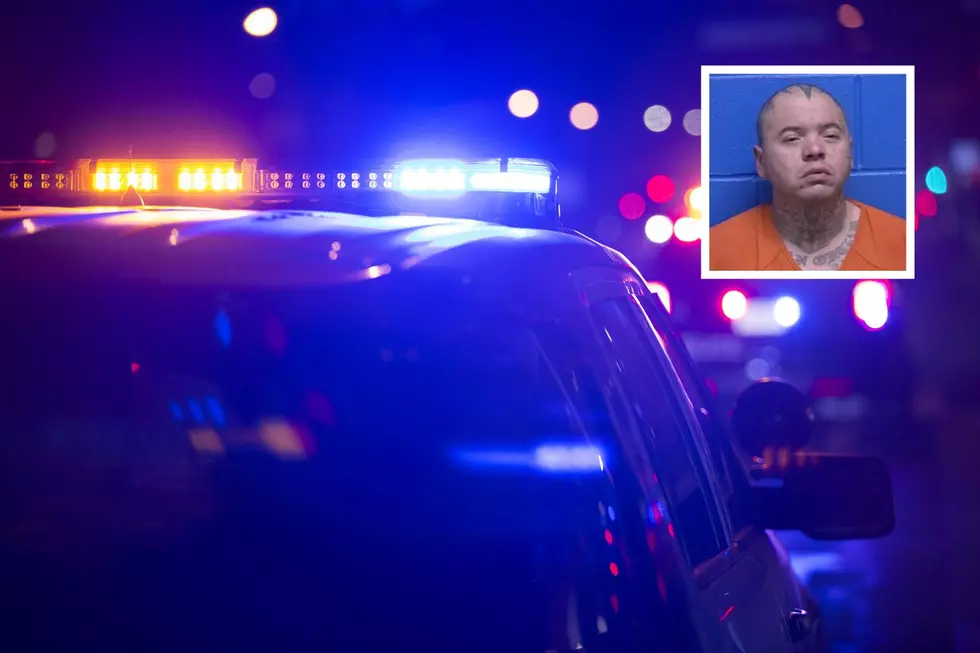
Missoula Justices Speak About Bond Reform and DUI Treatment Court
KGVO News hosted Missoula Justices of the Peace Landee Holloway and Alex Beal on February 7. Justices Holloway and Beal provided insight on the inner workings of the Missoula Justice Court, including some of the changes that have been implemented in the last few years and changes that may come in the near future.
One of the recent changes to the justice court was the combining of Departments 1 and 2. Though the departments used to operate with more separation, in the beginning of 2019, Beal and Holloway began working more closely together to ensure a more streamlined court process.
“Our office has evolved in the sense that, I believe, we’re collaborating more with other agencies. Specifically, the clerks used to be divided up between Department 1 and Department 2, working for individual judges,” Holloway said. “We didn’t feel that that was the most efficient way to run the court. We wanted to have cross training, and we wanted to have people there to do a multitude of tasks that didn’t slow down our court if, for some reason, someone was gone.”
Another one of the recent changes to the justice court has been the DUI court that Holloway pioneered.
Holloway received a grant through the Montana Department of Transportation to establish a DUI treatment court in Missoula for people who are charged with misdemeanor second or third DUIs and aggravated DUIs. The team is made up of prosecutors and law enforcement, and participants in the DUI court receive continuous alcohol monitoring and counseling. Holloway said that the DUI court has seen success in helping offenders stay sober. She mentioned that Missoula is now seeking federal funding to sustain the court.
Beal also spoke briefly about how the justice court determines bail; according to Beal, bail is set based on a Public Safety Assessment Score along with arguments from both prosecution and defense counsel. The justices judge the perceived safety of an individual, and then decide whether the person will be detained or released with supervision pending trial.
“Most of the cases pending in justice court at any time are usually drug possession, and usually meth. That’s an offense that, on its face, isn’t directly violent or isn’t a specific threat to the community. Now, you’ve got someone who’s hooked on meth and doing anything they can to get access to the drug, sure…but, those are the type of offenses where they’re usually supervisable…you may need some significant structure for them, but otherwise, they’re probably okay.”
However, Beal said, history and statistics both suggest that violent offenders are likely to reoffend towards their victims if released into the community following arrest.
“You look at some of the more violent crimes, especially those where there’s a specific victim involved, and yeah, that person really isn’t safe to be in the community right now, and if they are, they may require some pretty stringent GPS monitoring to make sure they’re staying away.”
Judge Beal spoke about the current bond reforms in Montana, including a proposed elimination of cash bail. Beal says that the state is working on new ways to implement fines with fewer unwarranted consequences for individuals.
“[The Montana Supreme Court] is figuring out how to maintain the safety of the community, figuring out how to make sure that people make their court dates with the lightest touch in the least restrictive way. There are people who are going to need to be in jail because of who they are, but for everybody else, we have other ways to make sure that they get to court. It’s better for them, it’s better for society, and it’s a whole lot cheaper for everyone.”
Beal says that detaining an individual before trial can actually disadvantage later.
“What we find is that the longer that people spend in jail, especially before their trial, the worse their outcomes are. So the idea is that we’re going to punish this person with a fine, but we’re going to punish them in a way that’s going to have some positive effects.”
Beal and Holloway concluded by detailing some of the goals within the justice court, such as maintaining transparency in court proceedings, providing education, and striving for meaningful interactions with those who appear before a judge.
More From Newstalk KGVO 1290 AM & 98.3 FM









